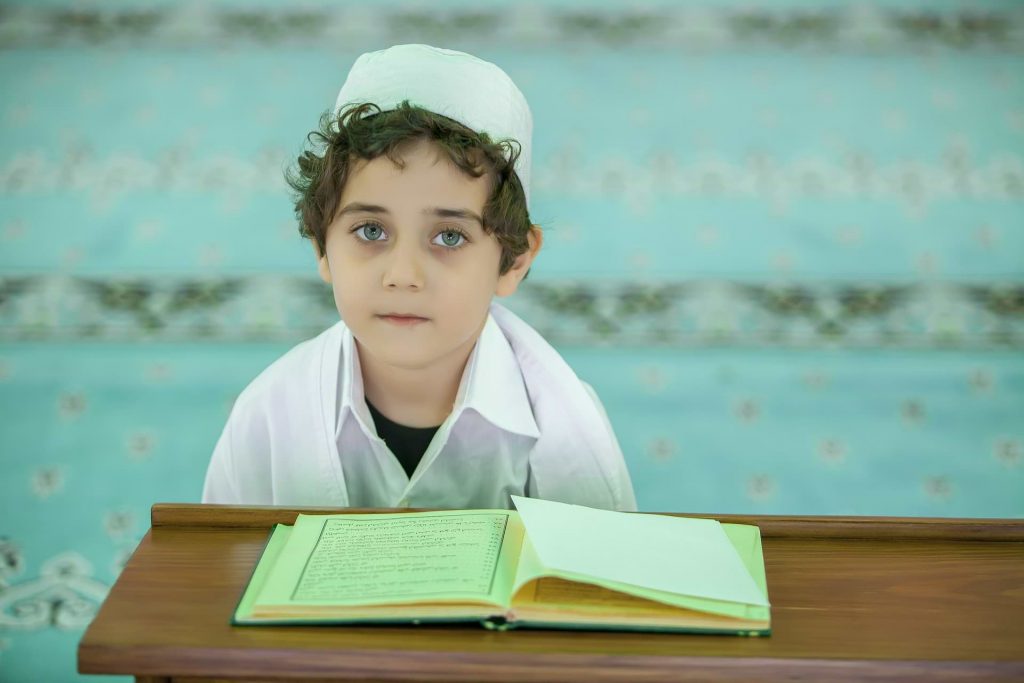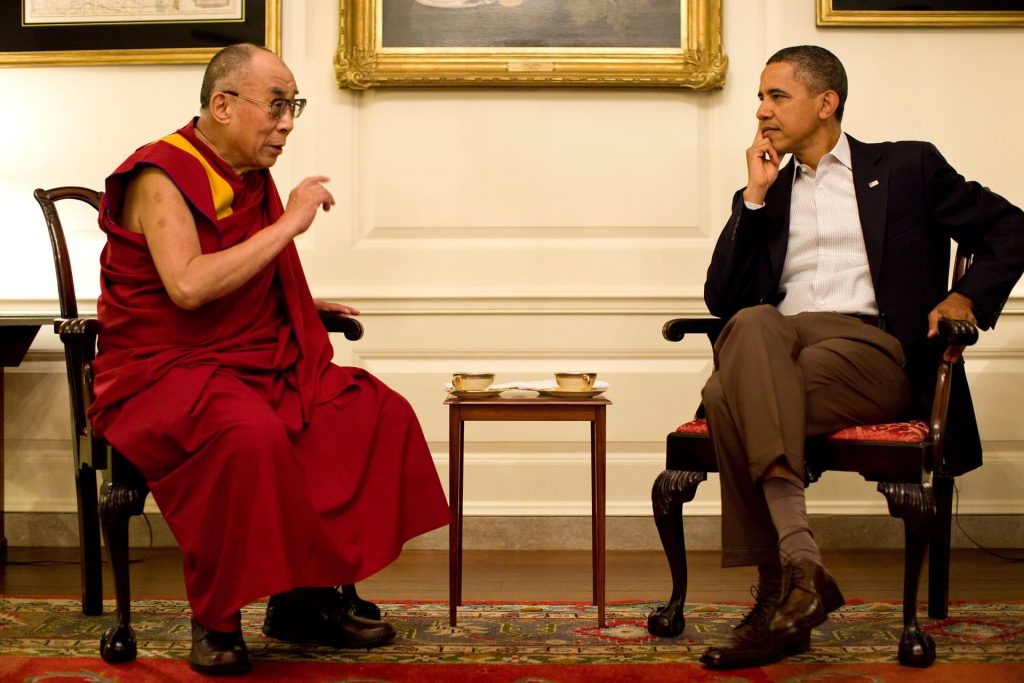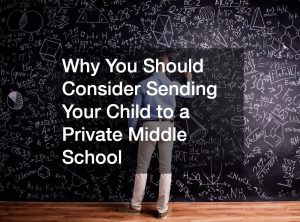Man Y parents are concerned about the content of their children’s education. In today’s schools, the curriculum is designed to emphasize academic education. However, many educational experts and parents are convinced of the need for moral education. According to Eduedify, moral education addresses the need for everyone to use the values of right and wrong to guide their lives.
Educators in today’s schools should begin, in preschool, with the simple ideas of Good and Bad. With the growing amount of crime, political division, and greed in the world, teachers have developed an awareness of students grappling with moral issues and are prepared to participate in moral education. Although concepts of diversity and acceptance are popular in the media, the practice of respecting cultural diversity begins at school level.
Being aware of the need to respect each other’s differences is a separate issue from the practice of living respectfully and acceptingly. It’s common to find schools whose students profess an acceptance of diversity yet actively criticize and bully those who are different from them. In addition to weaving moral education topics into their lessons, many teachers will provide multicultural experiences that can increase awareness of the students’ commonalities.

A professor once told me that no matter how good a person was at math, science, literature, or art, if they didn’t have the right set of morals to back it up when they finally put their talents to use. After all, history has seen a lot of intelligent people do terrible things in the name of ideas and beliefs that go against most of humanity’s morals.
It’s why I, as an educational instructor, belief that instead of just mentioning values in passing of our lessons, it’s just as necessary to include moral education into our lesson plans – or even an entire class of itself.
What Is Moral Education?
Morals aren’t born into a person – they’re nurtured. If we’re looking at the human mind through a Freudian perspective, we our born with our human survival instincts in our id taking over. But as we grow older, we develop a superego, a part of our mind that deals in developing a conscience based on the values, morals, and practices we are taught or learn to adapt to. The mixture of these two is the product of our ego, or the part of our mind that we show to others through the way we act.
As young children, we learn from our parents, guardians, and environment what is right and what isn’t. However, theorists believe that if adults did not try to influence how their children would behave, their kids would still be capable of developing their own morals. Of course, this is impossible to do, which is why schools have most (if not all) schools have begun instilling moral virtues within its students through the lessons the school teaches.
Moral education refers to the way a school helps its students learn virtues or moral habits that will make them better people outside of the four walls of their classroom. It can be simply by mentioning good habits and virtues (for example, a science teacher can mention why elderly people need extra help from others or a math teacher promoting the idea of sharing their food with others even if it means less for themselves) in passing, or it can even be a class on its own.
In my research, I’ve found that other countries have actual classes dedicated to teaching students good manners. Such is the importance of morals not just to make students better people, but to also improve the way a community interacts with each other.
Moral Education vs. Character Education
You might have heard another term used in similar discussions: character education. Character education refers to the way children are taught to behave in a socially acceptable way. This dates back to the early ‘80s when it was believed a child’s character could be influenced within their school.
You could say that moral education is a form of character education. However, moral education declined in schools because it was considered unnecessary and had a religious connotation with the word “moral.” But I think the main problem was not the religious connotation in a non-secular setting, but rather the type of morals students were trained to have.
The question is: Whose morals?

Or rather, who gets a say at what the morals that should be taught in schools? Because if you’ll notice the way the world works nowadays, you’ll realize that there are clashing sets of morals. And if everyone has a different set of morals, whose do we pick to teach our students?
For example, you might have heard a grown-up teach you this when you were young: the act of sharing. It’s a fairly simple concept, one you even see in religions telling you to be kind and love your neighbors. If you have food and you see someone who has none, the good thing to do would be to give some of your food even if it means less food. It’s fairly straightforward, until you realize that other people may not see it that way.
Recently, I’ve read a post of parents who teach their children the opposite, but not in the sense that they become selfish, but in the sense that they stand their ground and not be pushed around to share when they don’t want to. For example, I once read a post of a mom who taught her son to say no when people wanted him to share his belongings even if he himself didn’t want to. She claimed it was a way of teaching him the importance of consent and not bending over backwards to please others. Other parents who value the importance of sharing might consider this action selfish, but this mother and other parents like her who value consent and honesty would think the other group of parents were teaching their children to be weak-willed and people-pleasing.
So, in the case of these two groups, you have a teacher in the middle who has to decide which set of morals will he or she teach to her class. And it’s important that the teacher chooses carefully, because the morals their student picks up will eventually be the traits they carry with them outside of their classroom.
Public vs. Private Schools
Perhaps one of the reasons why moral education isn’t as deep into our educational system as it can be is because of the rules imposed on public and private schools. While private schools are required to adhere to a curriculum and standard quality of education, they are allowed to impose things like religious practices and choose the type of students they admit because they do not receive funding from the government. As such, they are allowed to impose teachings that lean towards their beliefs as long as it does not go against the rules of the Department of Education.
So, if the owner of a school were to be Catholic and have conservative-leaning ideologies, it would be in their right to require students to attend mass and hold events that are slightly more conservative. Parents who are of a different religion and with liberal ideas can enroll their children into that school, but they should be aware that their child will be exposed to ideas that go against their own and may be required to participate in it. This is because if the parents do not agree with the school’s teachings, they are free to send their children to another school that suits their tastes.
Public schools, on the other hand, do not have the same flexibilities as private schools. Because they receive government funding, public schools must accept all students who enroll. This means catering to all students regardless of background, race, and religion. So, to avoid offending other religions, religion isn’t taught in public schools except in terms of history, culture, or literature. Teachers who try to indoctrinate their students to a certain political belief or religion can be removed from their positions.
And when you think about it, religions and politics come with their own set of morals. Catholicism and Buddhism, for example, have different views on certain topics, while left-wing and right-wing ideologies have different ideas on how the way should work. And because we’re not supposed to pin one over the other, we’re left with trying to explain morals to a good chunk of the student population without dragging politics and religion into it.
That’s not to say that morals are exclusively linked to religion or politics, though. But the point is that there are plenty of clashing morals just as there are clashing religions and political leanings. What one party thinks is good and generous, another thinks is weak and lazy. Or what one person thinks is kind and caring, another mocks it as self-serving.
There’s Power in Discussion

But the point of this article is not to dissuade conflict, but rather to welcome discussion on morals. Earlier, I posed the question of whose set of morals it is we teach our students. While I believe everyone is entitled to their own answer, I believe the right one is this: we teach them everyone’s values. We allow our students to share their own values and perspectives on a certain situation and then allow conducive discussion in the classroom on whether everyone agrees or disagrees. Not everyone will share the same consensus, and we can use that disagreement to consider alternatives to the way we think.
And that’s why I think moral education is important. Not because we train our students to think a certain way and hold the same set of values, but to teach them why other people think differently and what position they’re coming from.
A lot of people will not agree about what moral education should be, and I think that’s part of why it works. Having a class where students talk about the different morals and virtues allows them to see other takes and perspectives on certain topics and allows them to react in a controlled environment. Nowadays, a lot of people will find it hard to talk to a person with opposing beliefs, but having moral education that allows for discussion of all types of moral values can open the doors for better socialization and understanding from all sides.
















